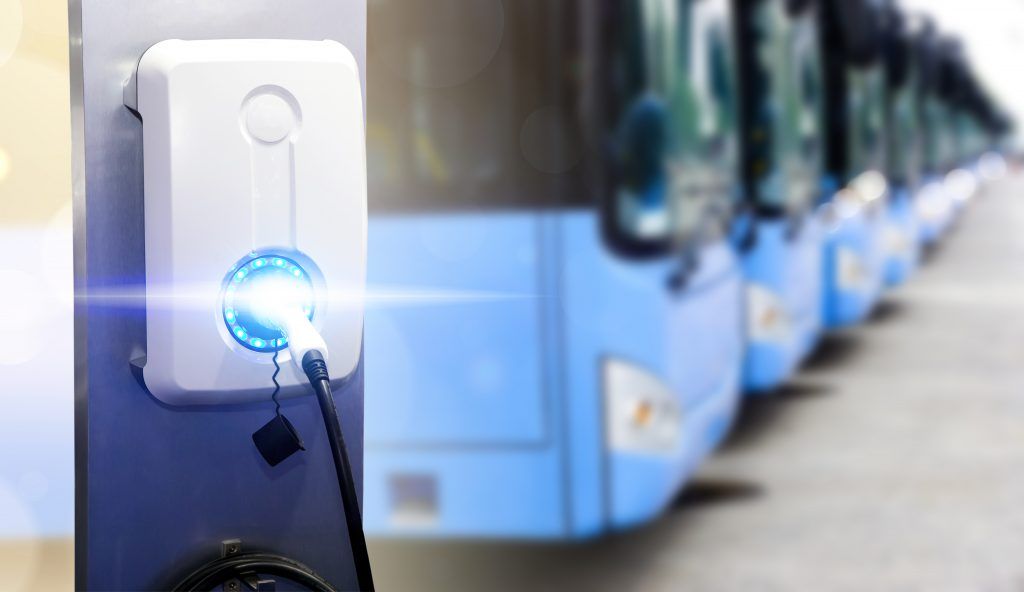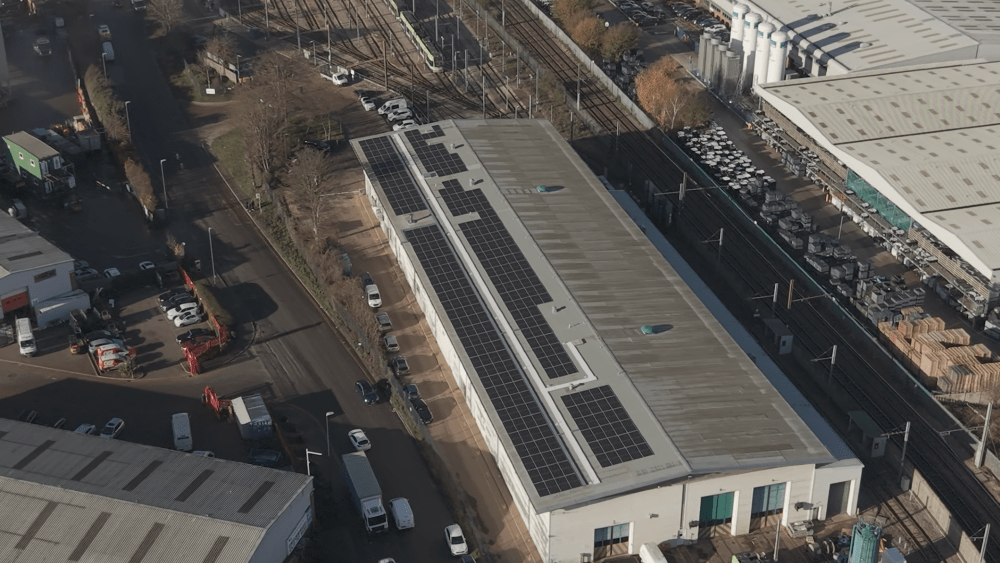The Department for Transport (DfT) has confirmed a £1.05bn grant to transform road, bus, rail, tram, cycling and walking infrastructure across to the West Midlands, including investment in EV charging. The City Region Sustainable Transport Settlement (CRSTS) money, topped up with local funding, will deliver £1.3bn investment over the next five years.
West Midlands Combined Authority (WMCA) leaders have already drawn up a priority list of schemes to drive the decarbonisation of transport, target investment into areas of poor connectivity and support inclusive economic growth.
The programme has been developed by Transport for West Midlands (TfWM), which is part of the WMCA, in close partnership with local councils.
Last month the WMCA Board gave the green light to the first four projects. Today’s funding confirmation means work on these can now start.
The projects are:
- £24 million to seek sites for, plan and deliver a network of 10 electric vehicle charging stations across the West Midlands
- £43 million to extend the West Midlands Metro depot at Wednesbury to service the region’s growing tram fleet and network – including the extension to Dudley in 2024
- £17 million to replace and upgrade the Metro power supply on the existing Wolverhampton to Birmingham line for the first time since it opened 22 years ago
- £56 million to deliver phase two of the Sprint bus priority corridor with more bus lanes and junction upgrades along the full route between Solihull and Walsall. Phase one along the A34 and A45 in Birmingham is nearing completion.
The grant includes funding for the development of new bus lanes and priority routes. Around £254 million will go directly towards schemes which enable active travel, the collective name for cycling and walking.
The DfT also confirmed today that it has earmarked additional funding of up to £87.9 million towards the further development of the region’s Bus Service Improvement Plan (BSIP).
Anne Shaw, executive director of TfWM, said: “This is the largest single investment in our transport infrastructure and will deliver a wide range of projects across our region including bus priority routes, railway stations, safe cycle routes and electric vehicle charging facilities.
“We have, with our local authority partners and backed by Government, developed an investment programme which will support our targets of delivering a green transport revolution, to better connect our communities and support new jobs and housing.”
Image: Shutterstock












